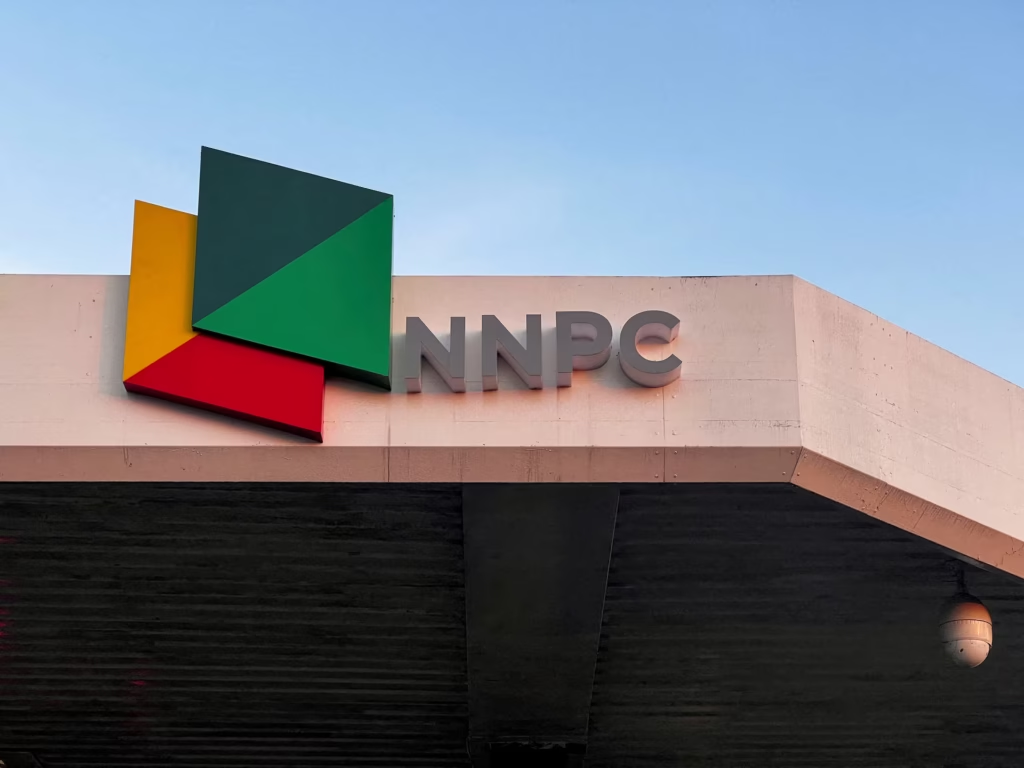
In February, Egypt witnessed a significant surge in its annual urban consumer price inflation, reaching 35.7%, up from January’s 29.8%, as reported by the country’s statistics agency CAPMAS on Sunday. The primary drivers of this increase were the escalating prices of food and beverages.
This uptick in inflation occurred prior to an anticipated spike resulting from the recent devaluation of the currency. The central bank, on Wednesday, permitted the Egyptian pound to depreciate to approximately 50 against the dollar, marking a departure from the fixed rate of 30.85 that had been maintained for the past year.
Contrary to the expectations of 14 analysts, who had predicted a median inflation rate of 25.1% for February, the actual figures surpassed these projections. Before February, Egypt had experienced a gradual decline in its inflation rate, which had reached a historic high of 38.0% in September.
On a month-on-month basis, prices surged by 11.4% in February, a stark contrast to the 1.6% increase observed in January. Notably, food prices witnessed a substantial leap of 15.9%, a significant rise from the 1.4% recorded in the previous month.
Commenting on the situation, Allen Sandeep of Naeem Brokerage highlighted, “The sharp rise in the annual reading was fueled by a surge in monthly inflation of both food (F&B) and non-food items and was in spite of the favorable base year contribution of -5.5%.”




